I’m not a fan of the guac, ever since a hungover former partner spewed vile smelling green stuff at the side of the road decades ago.
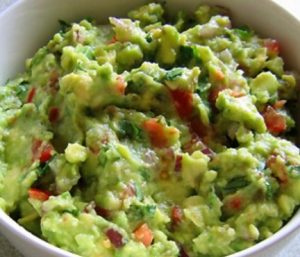 And I’m wary of fresh herbs, based on previous outbreaks.
And I’m wary of fresh herbs, based on previous outbreaks.
So is the U.S. Food and Drug Administration which on Feb. 23, 2018, revealed details on just how many bacteria are hiding in fresh, store-bought herbs. The agency plans to continue testing herbs through 2019 to thoroughly assess their “rates of bacterial contamination.”
The plan is to test 1,600 samples of items “typically eaten without having undergone a ‘kill step,’ such as cooking, to reduce or eliminate bacteria.” These items include fresh cilantro, parsley, and basil.
This first round of results revealed that of the 139 fresh herb samples tested, four tested positive for salmonella and three contained E. coli bacteria.
The Packer noted the testing found no pathogens in the U.S. herbs versus imported herbs.
In the same period, the FDA found that three of the 58 U.S.-processed avocado products that were tested had listeria, and one of the 49 imported samples had listeria.
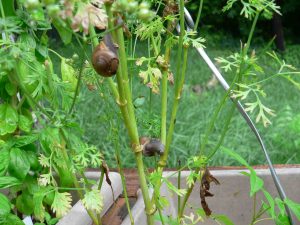 From 1996 to 2015, the FDA linked 2,699 illnesses and 84 hospitalizations to fresh herbs.
From 1996 to 2015, the FDA linked 2,699 illnesses and 84 hospitalizations to fresh herbs.
The FDA also plans to sample processed avocado for similar reasons – from 2005 to 2015, 525 illnesses were linked to avocados in 12 separate outbreaks. Of 107 avocado and guacamole samples in the initial results, four contained listeria. Avocados, the FDA notes, “have a high moisture content and a non-acidic pH level, conditions that can support the growth of harmful bacteria.”

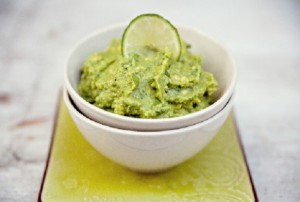
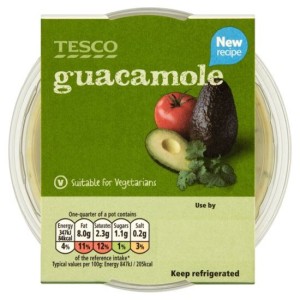



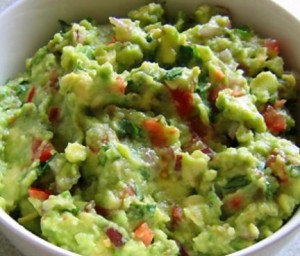

 vraisemblablement entrés en contact avec le guacamole ou les autres ingrédients via des ustensiles ou des mains sales.
vraisemblablement entrés en contact avec le guacamole ou les autres ingrédients via des ustensiles ou des mains sales. – Limpie y desinfecte todas las superficies (tablas de cortar, mesadas) entre preparación de alimentos crudos y alimentos listos para comer.
– Limpie y desinfecte todas las superficies (tablas de cortar, mesadas) entre preparación de alimentos crudos y alimentos listos para comer..jpg) green poop this morning.
green poop this morning. The bacteria was not spread through food distributed by Jason’s Deli Distributors or Deli Management, Inc.
The bacteria was not spread through food distributed by Jason’s Deli Distributors or Deli Management, Inc.